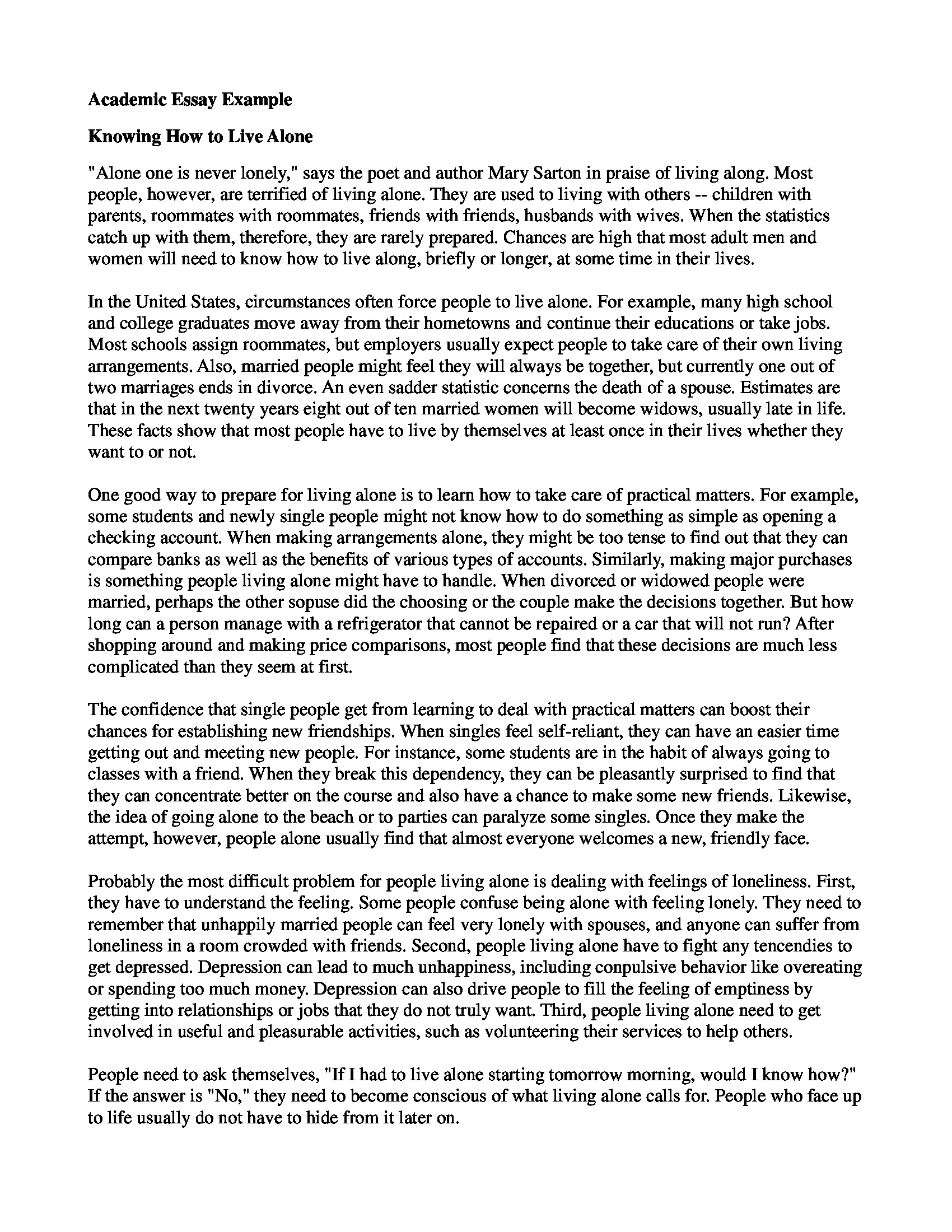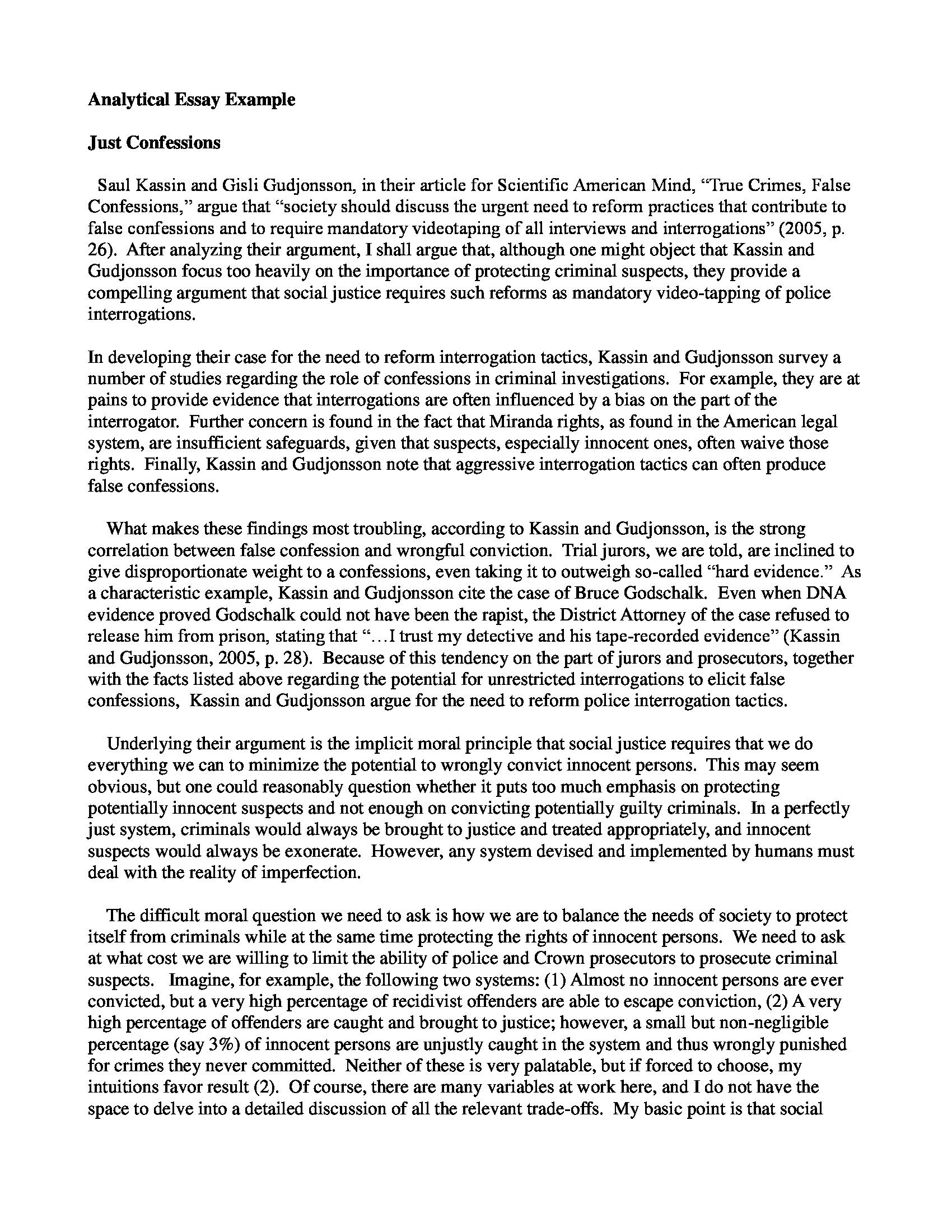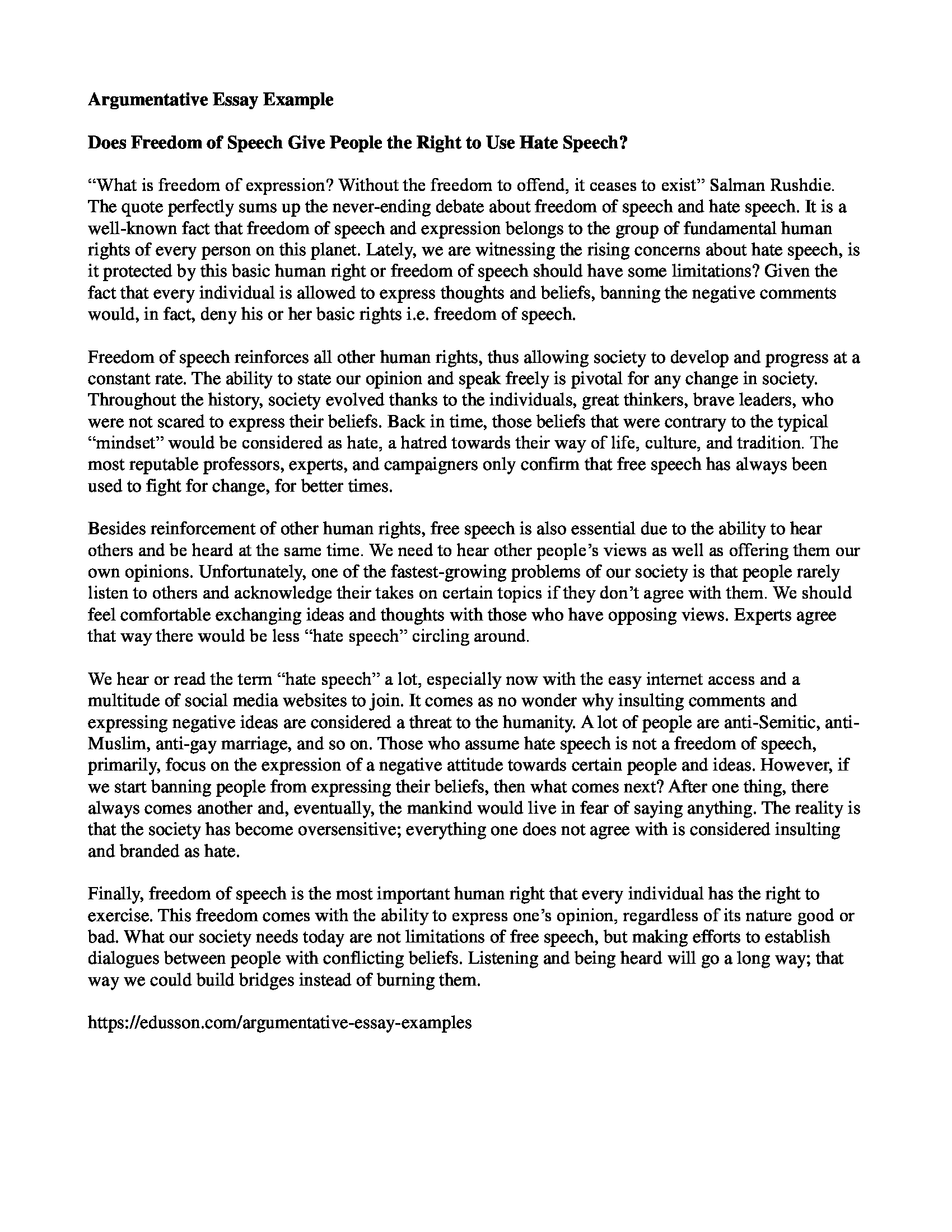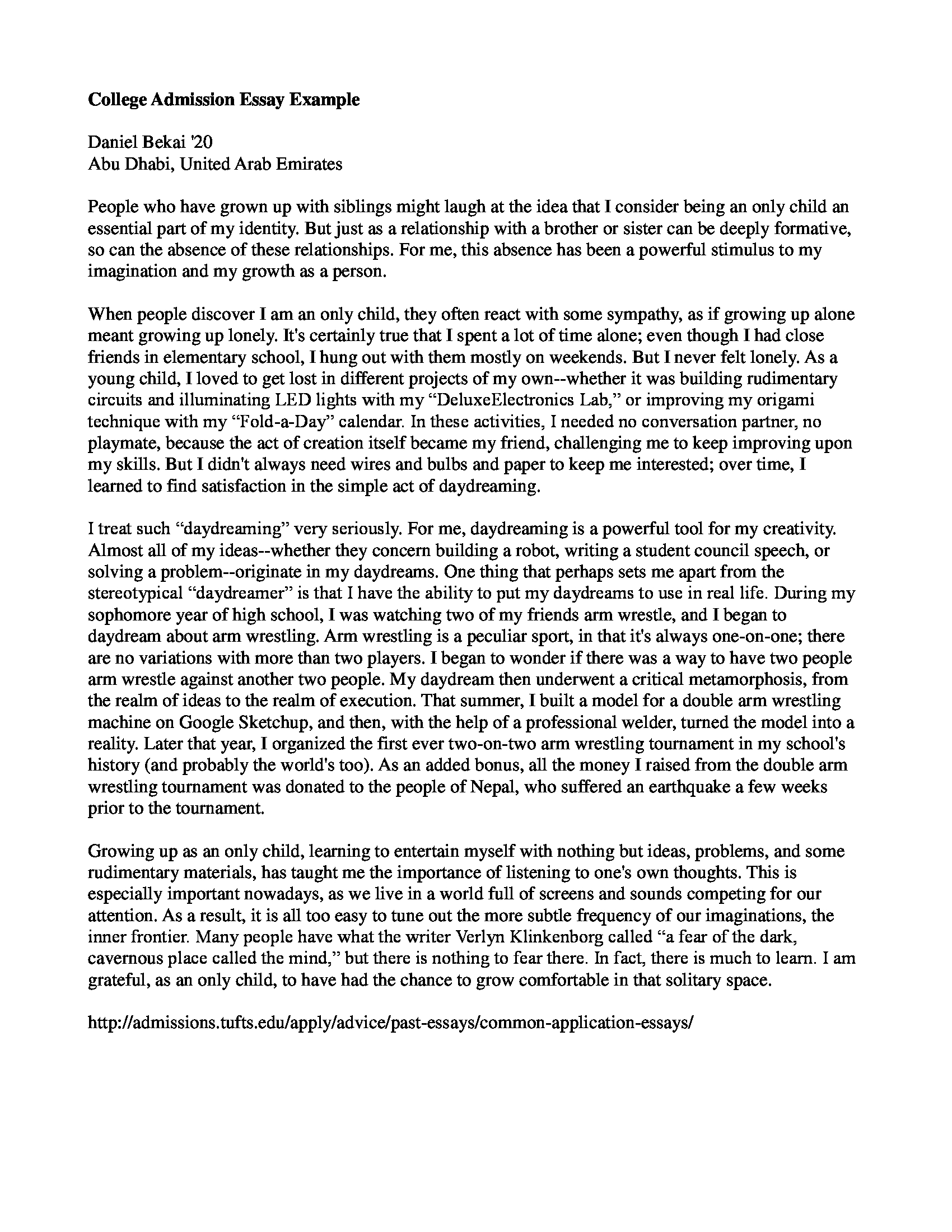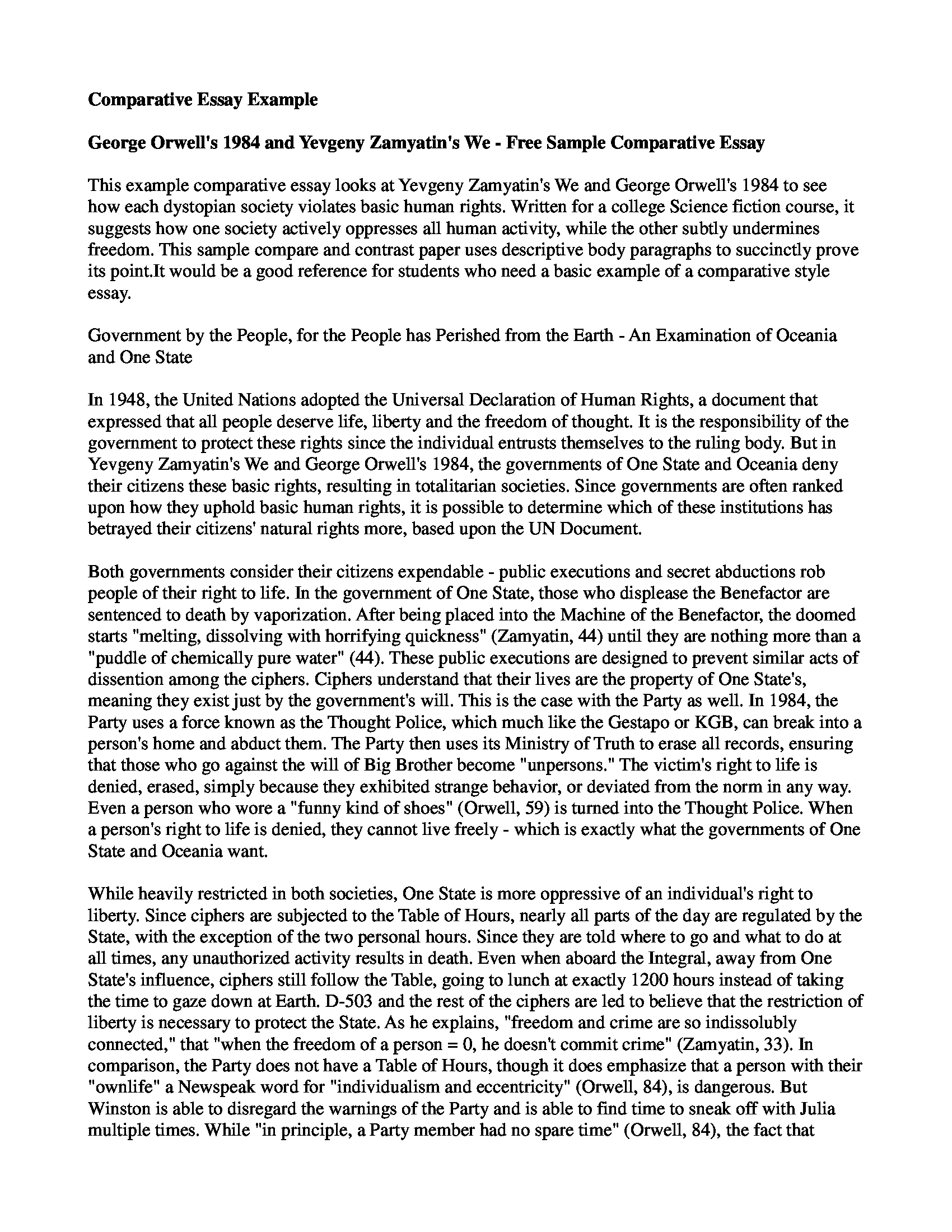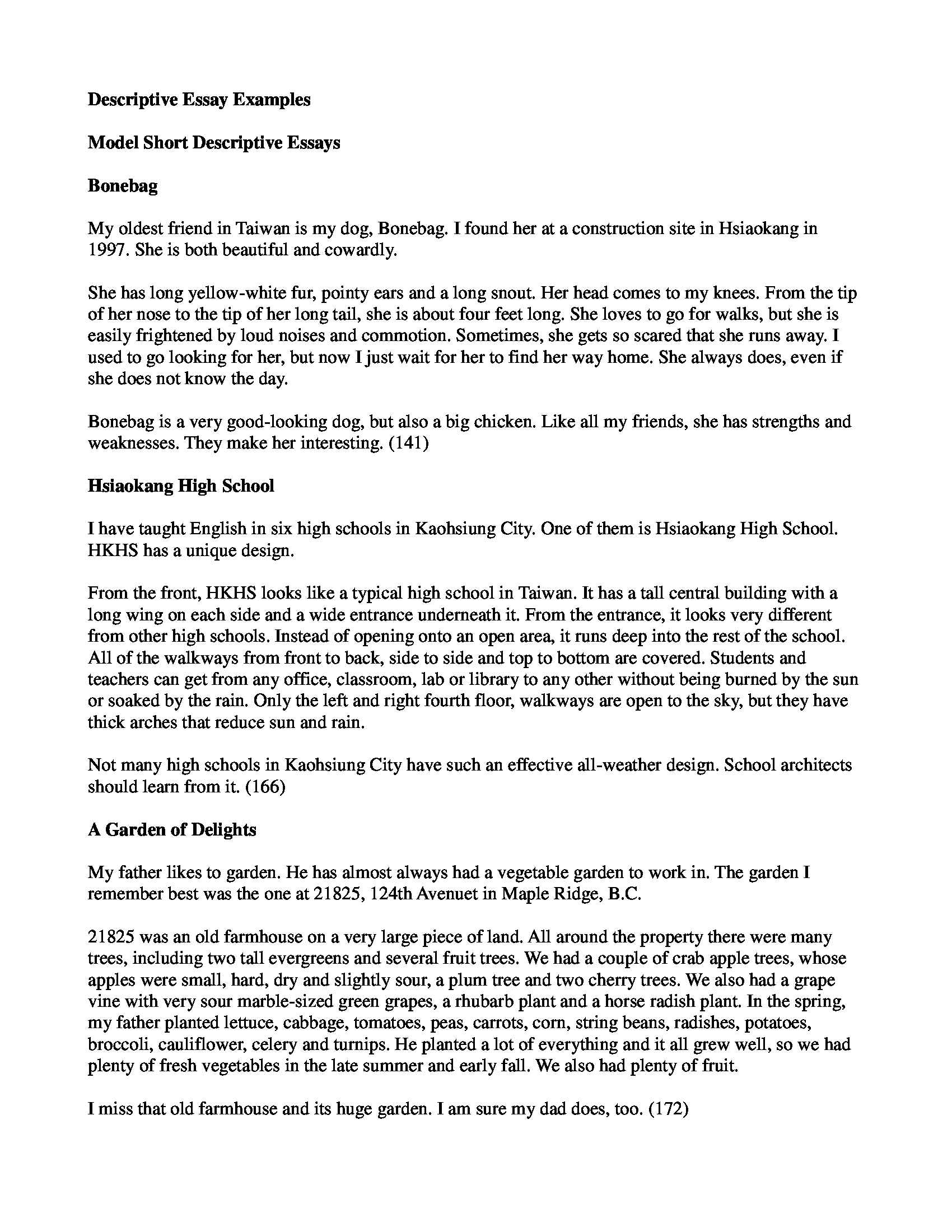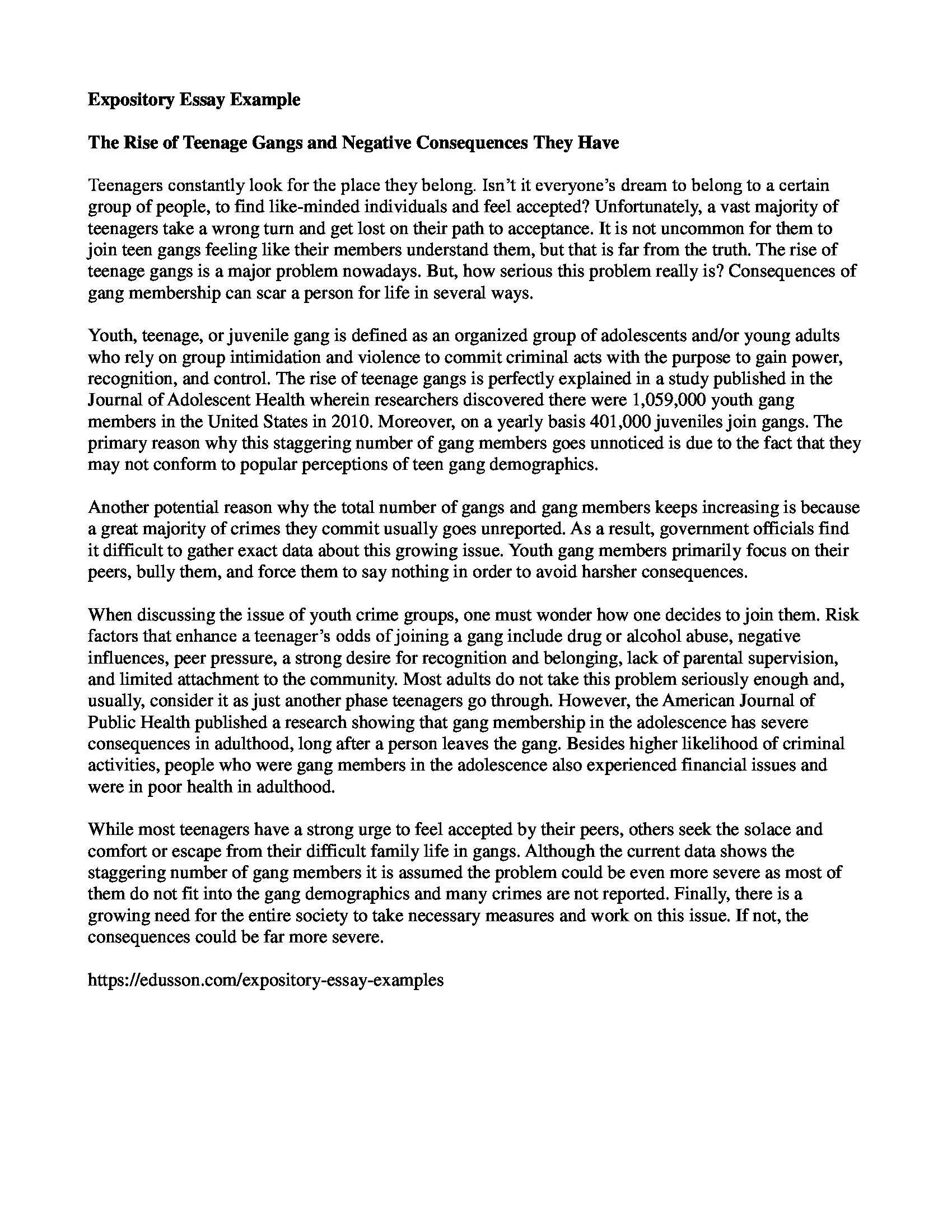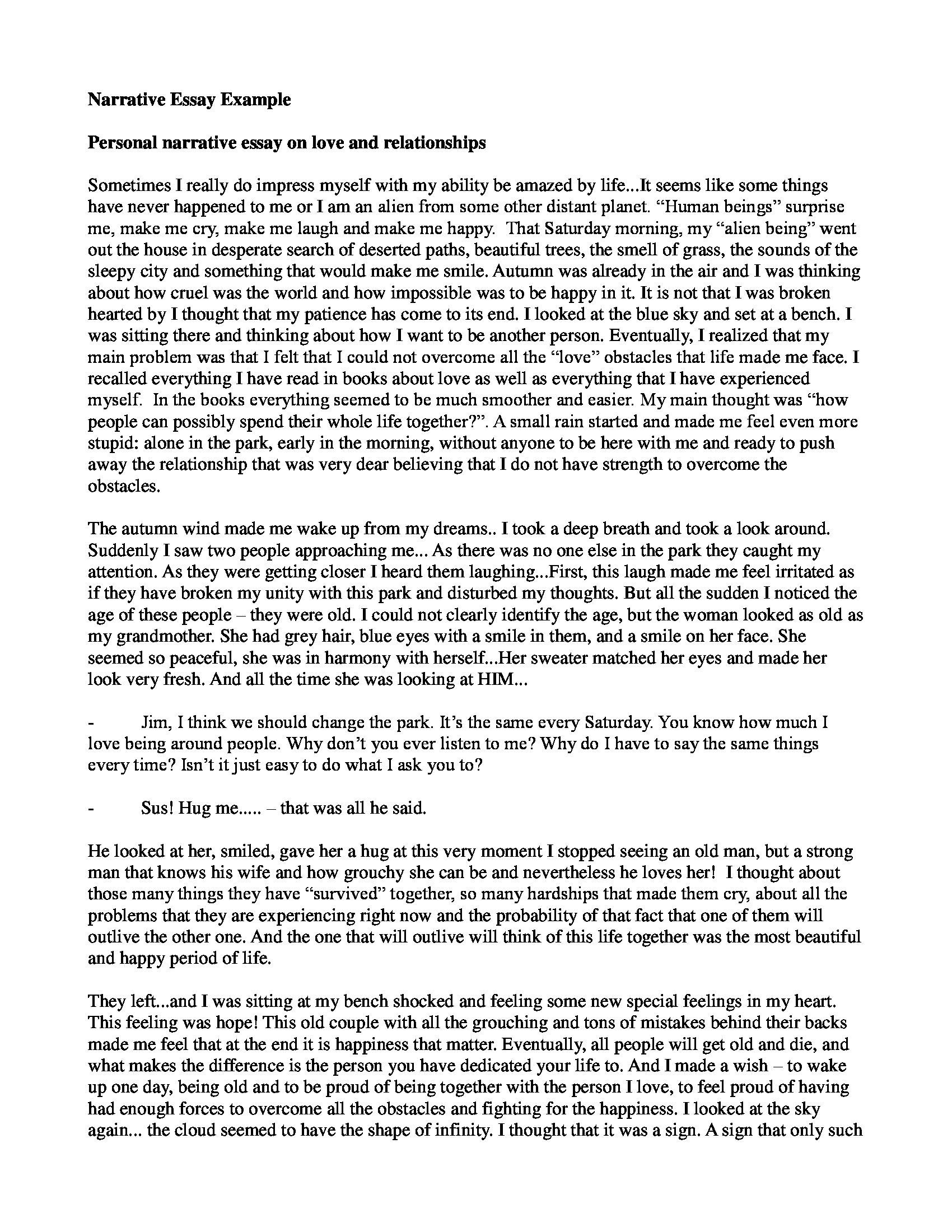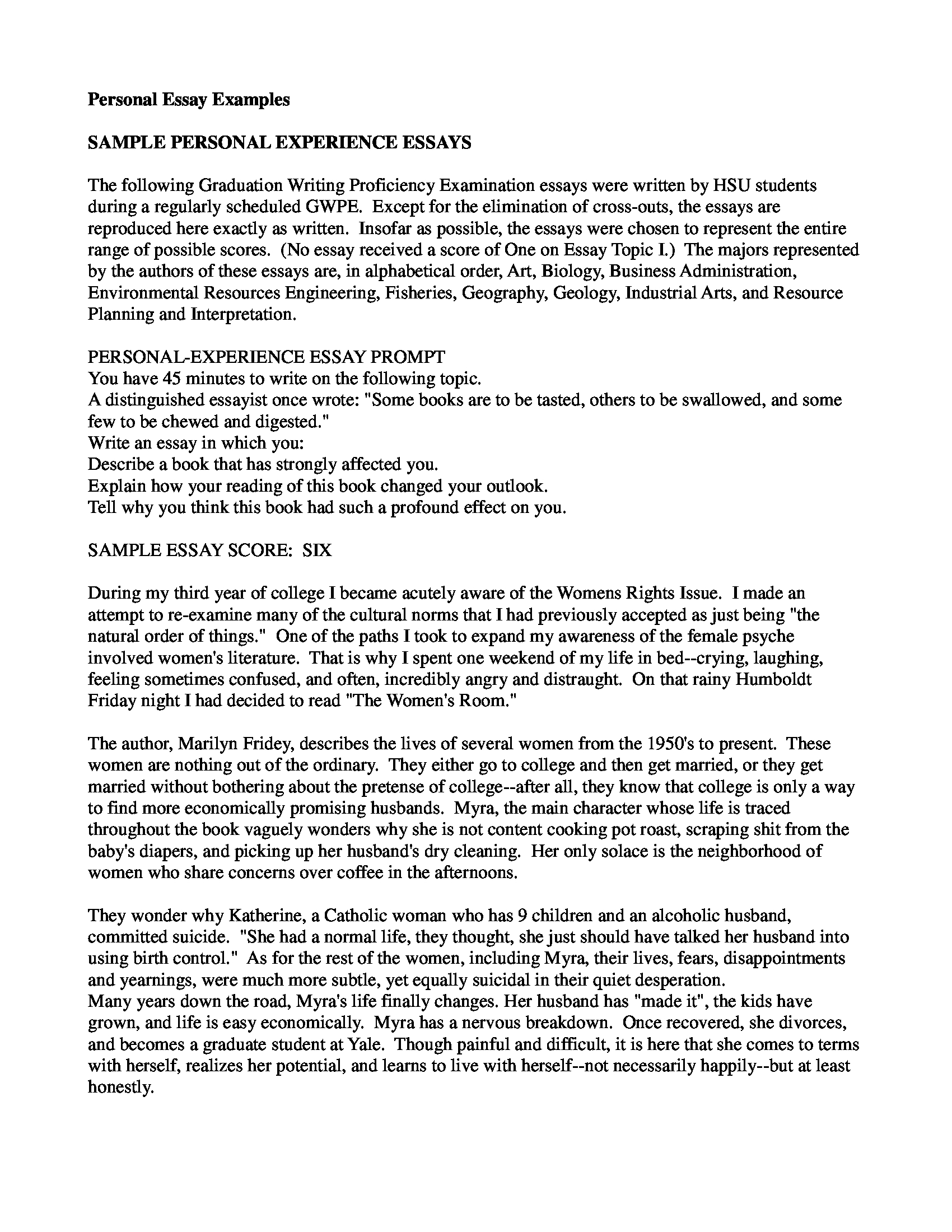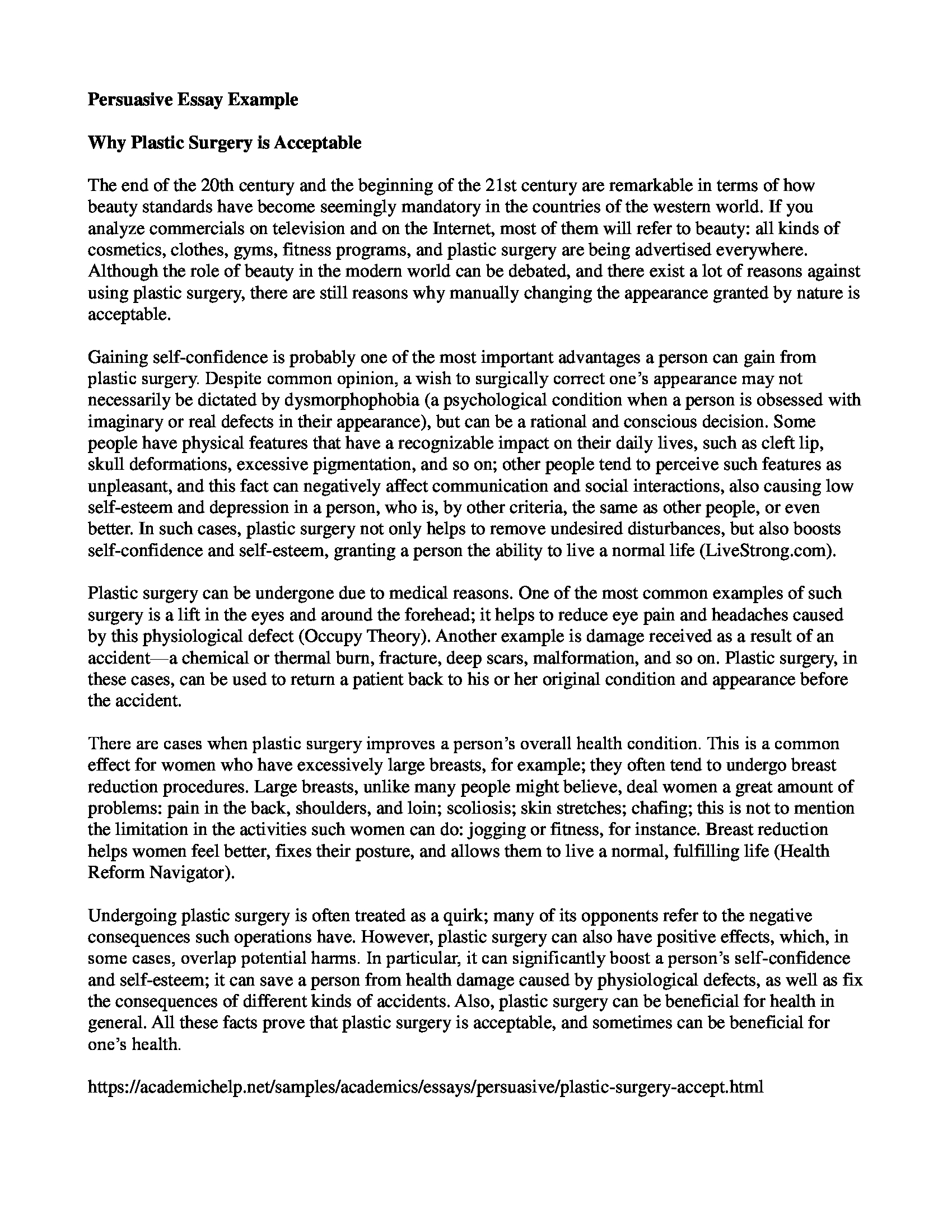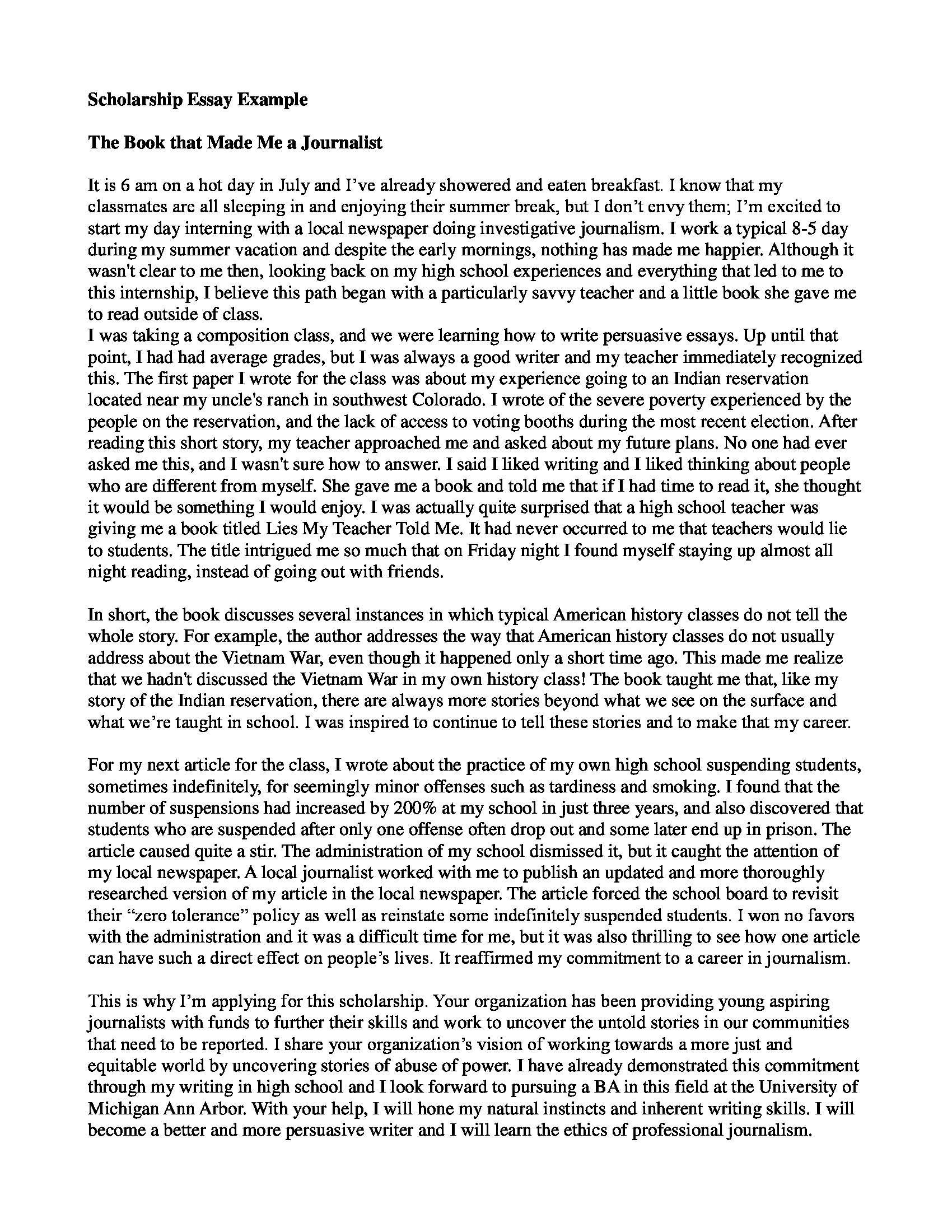32+ Essay Examples to Download
For people who love writing, essay writing to them is easy as writing down their names. But for those who are just required to write in one of their subjects, essay writing feels like the only thing they can write on their papers is their own name. But even with this fact, we all know how essay has affected our lives in some ways particularly in our academic life and it also affects our future as members of the corporate world.

An essay is a formal and organized piece of writing or composition that contains arguments, explanation, descriptions, observations, or opinions on a particular topic.
The word ‘essay’ is derived from the Latin word ‘exagium’ that means the presentation of a case and also derived from French infinitive essayer that means “to attempt”.
No matter what type of essay, it follows a uniform structure which consists of the parts of an essay. The structure starts with the introduction, followed by the body, and ended with the conclusion.
Simple Steps in Writing an Essay
Writing essays might be difficult for some people, but with these simple steps in writing a basic essay, anyone can put their words on paper easily and anyone can already join essay writing contests with confidence:
1. Read a lot of essays
2. Define your purpose for writing
3. Decide on a topic
4. Brainstorm the points and ideas that will be included in the essay
5. Organize the points and ideas in an outline or a diagram
6. Construct the introduction, followed by the thesis statement
It is in the introduction where the main points are briefly stated. The main points will be further discussed in the body of the essay.
7. Construct the body
The body is where the main topics are further elaborated and where the subpoints are also found. Oftentimes, the body consists of three paragraphs and each paragraph contains one of the main topics mentioned in the introduction of the essay.
8. Construct the conclusion
The conclusion is where the main points are being briefly mentioned again although no other idea will be introduced. The conclusion is where all the ideas stated in the body of the essay are summed up.
9. Relentlessly edit until satisfied
10. Review work by reading it all over again before turning it over for submission
Purposes for Writing Essays
Every essay has a purpose, namely: to inform, to persuade, to explain, and to entertain.
Information
Writers that write essays that aims to inform has a goal to give its readers an information that can be new, changed, or updated. They can also write on topics that most people get the wrong information about or even provide an in-depth information regarding a certain topic. It is a must that an informative essay is based on accurate and verified facts that are organized in a comprehensive manner.
Persuasion
When writing an essay that aims to persuade the readers, the goal is to make your readers take action. Any writer who attempts to write this kind of essay must do extensive research in order to be able to fully support its thesis statement or its claim, and of course, to make the readers believe in their stance.
Explanatory
Explanatory essays usually contain a simplification of a process that you chosen audience would usually have difficulty in executing. A writer’s goal when writing this kind of essay is to make sure that they made their readers understand two things: the topic and how the composition is written. Writers should never compromise the writing the steps since this would affect how the readers will apply what they have read.
Entertainment
Writing to entertain means the writer would have to affect the emotions of the readers. Entertainment can be done through inducing laughter, tears, or even fright from the readers.
Types of Essay and Examples
While there is a vast number of the types of essays available, this article features eleven types of essay, each provided with an example. Each type of essay has a common ground and that is they have the objective to present the readers a topic that can affect them in various ways such as their beliefs, stances, and even a new body of knowledge.
Academic Essay Plan Template Example
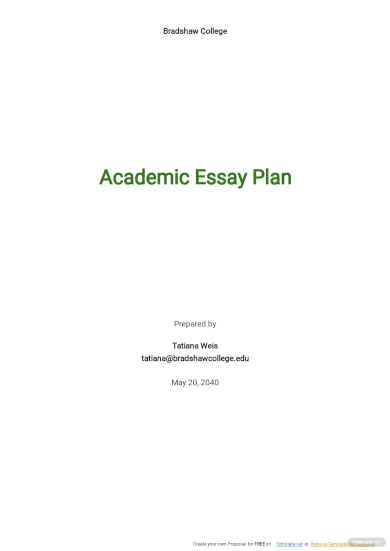
Argumentative Essay Format Template
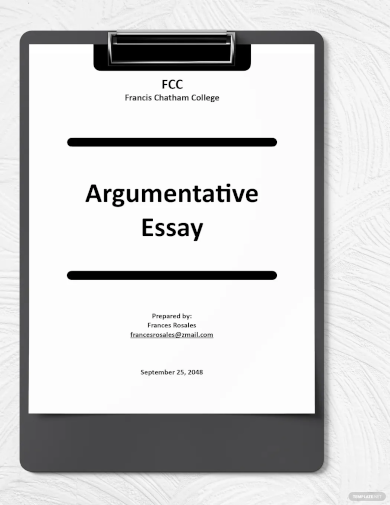
Argumentative Essay Writing Template
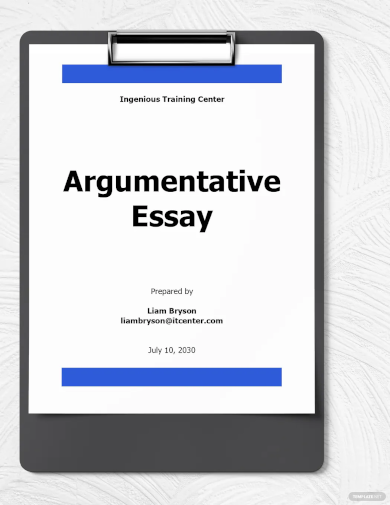
College Narrative Essay Template Example
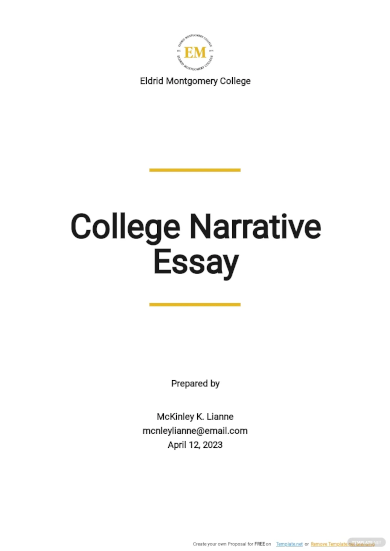
College Essay Outline Template Example
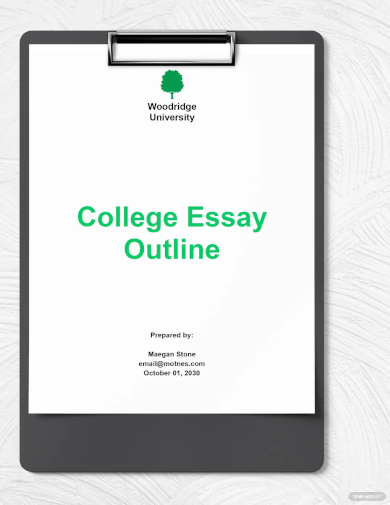
Comparative Essay Plan Template Example
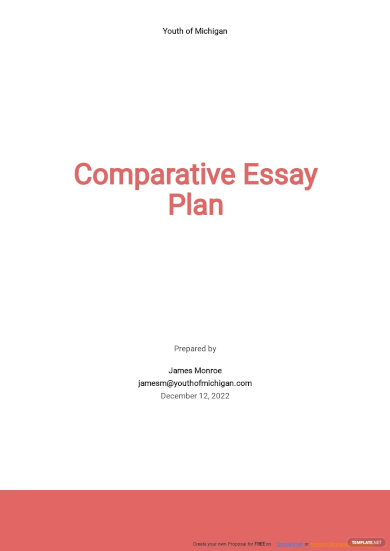
Descriptive Essay Outline Template
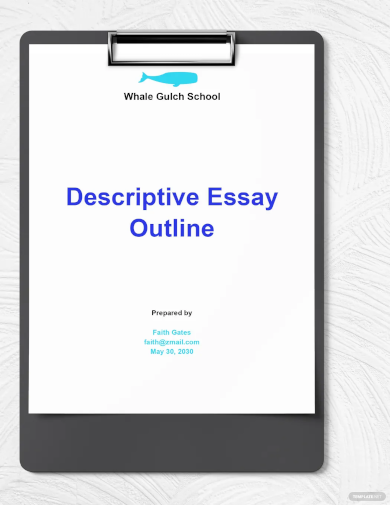
Descriptive Narrative Essay Template
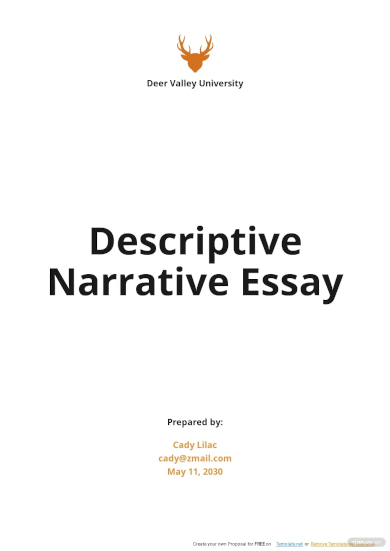
Narrative Essay Outline Template
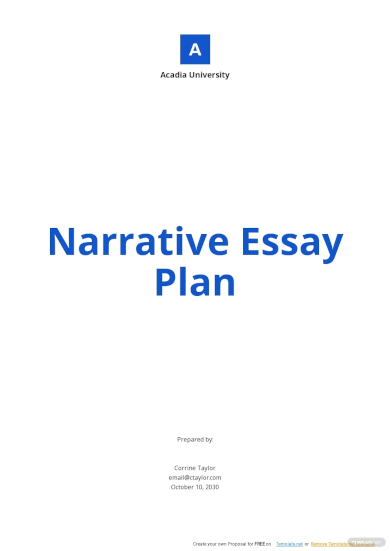
Narrative Essay Template Example
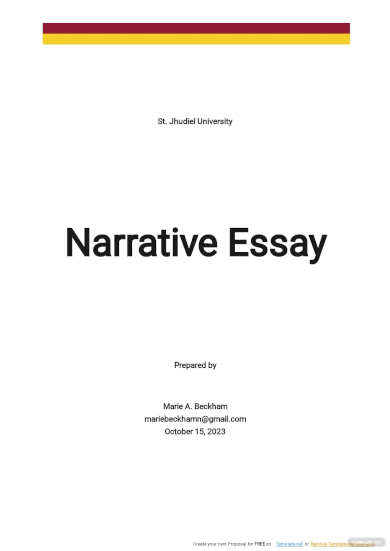
Digital Essay Template Example
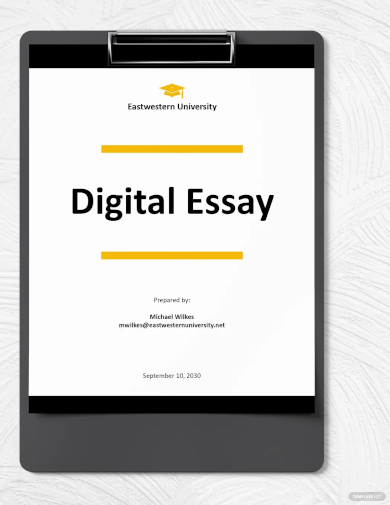
Visual Essay Template Example
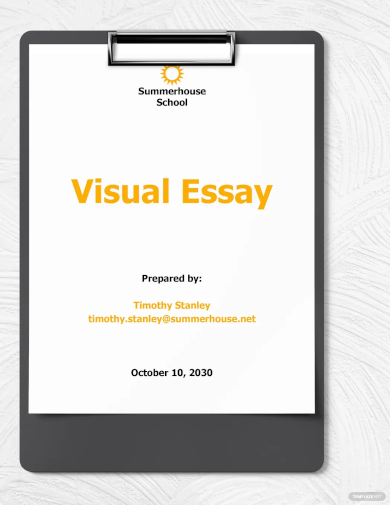
Opinion Essay Template Example




